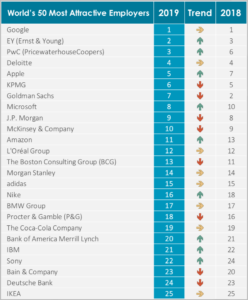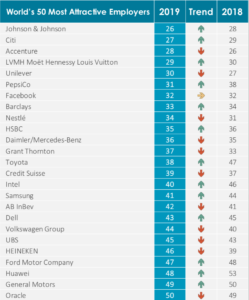On Friday, the Wall Street Journal published an opinion article regarding incoming First Lady Dr. Jill Biden, using the pre-nominal “Dr.” when she has a doctorate in education, Ed.D, versus a medical doctorate, Ph.D. There is no doubt that Jill Biden did the work and received the degree, from a real, actual university.
The question really comes down to, is there really a difference in calling someone “Dr.”?
I’m a brain surgeon, call me Dr. I’m a clinical psychologist, call me Dr. I’m a Pharmacist, call me Dr. I’m a Physical Therapist, call me Dr. I’m a Professor of Sport History, call me Dr. I’m a Vaccine Scientist, call me Dr. I teach English 101 at a local community college, call me Dr.
For each of those titles, currently, to obtain that title you have to have a doctorate degree. Well, actually, you don’t have to have a doctorate to teach at a university or community college. To become a medical doctor, Pharmacist, Physical Therapist, today, you must get your doctorate in the U.S. Regardless, many people get a doctorate but do jobs that don’t necessarily need a doctorate to do that job.
As a recruiting professional, I have an opinion.
I believe we call people Dr. when in normal society those people are called “doctors”. When I go see a Physician, most people, who don’t know them personally, will call them “doctor”. If in a normal work setting, someone doesn’t call you “doctor”, but you call yourself doctor, that comes off really bad.
The worse is when you expect someone else to call you “doctor” but the average person in the world would never expect to call you “doctor”. Then you come across as pompous. “Tim, it’s nice to meet you!” Yes, that’s Dr. Tim, thank you. “No, that’s Dr. Asshole, goodbye!”
This is just good situational awareness if you are on the job market. We deal with many candidates who have their doctorate in various sciences. It’s very rare in a professional work setting they would ever use “Dr.”, and if they corrected a hiring manager during an interview, let’s face it, that wouldn’t end well.
Does any of this really matter?
Before someone loses their head and puts in a 700-word comment about how I’m a misogynist against Dr. Jill Biden, check yourself. I could care less about what Jill Biden wants to be called. If she wants to call herself Queen, good for her! Dr. Queen, even better!
The reality is, most likely, this Op-Ed wouldn’t have been written if Jill Biden was voted in as President, and her first husband, Joe, has his doctorate in education, and called himself Dr. Joe Biden. So, that’s a problem. It doesn’t make the Op-Ed opinion wrong, just questionable.
If she’s comfortable with calling herself Dr., that’s all that really matters. I have a feeling that if I got an Ed.D or any other kind of doctorate degree, I would force people to call me Dr.! “Hey, Mr. Teddy Starbucks barista, that’s “Dr. Timmy”! Get it right!” I would also expect that people would say bad things behind my back if it wasn’t normal for someone with my degree to be called “Dr.”
What do the “real” doctors think?
I got feedback from three friends who all have a doctorate degree. All three felt like this was basically bad form on the part of the writer of the Opt-Ed. He comes across as a sexiest, old, out of touch elitest.
There is, though, a background within the doctoral community of hazing between those with doctorates about who has the “better” degree and from the “better” school. Also, MD’s, medical doctors, most likely look down on all other doctorates who don’t save lives.
As my one friend put it, I will definitely give it to my fellow doctorate friends who have an Ed.D versus a Ph.D, or went to a B-level school versus an A-list school. But, let’s not kid ourselves, I could have not gone to my Ph.D class on management, or done poorly, and no one is losing their life!
The fact is, all doctorate recipients did the work. Professionally, they will take being called “Dr.” in that professional setting. Professors might not ask to be called “Dr.” but if a student calls them by “Dr.” it fits the professional setting. If Jill Biden is working on Educational Policy and Strategy, if completely fits her being called Dr. Biden, that is her professional role.
If I’m going out for dinner with Jill and Joe, in a personal setting, of course, it would seem weird for her to want me to call her Dr. Jill Biden at the dinner table, if we were just having a social dinner. But, that’s not what this is about. This is about someone you thinks he knows more than everyone else, and he’s going to mansplain it to us all, especially, a woman.
If Jill wants to be called Dr. Jill Biden, call her that. If you don’t like it, then don’t put yourself in a position to have to use her name. I’m sure she would appreciate that.


